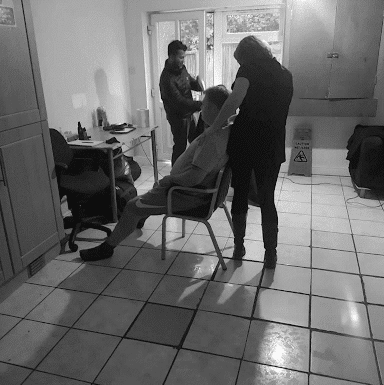Support workers play an essential role in providing training programs for drug addict care. These programs focus on teaching individuals with drug addiction the necessary skills and strategies to overcome their addiction and live a drug-free life. Support workers work closely with their clients to identify the underlying issues that led to their addiction and develop tailored programs to meet their specific needs.
We are here to help when you need us

Why choose daily care?
Around-the-clock care allows your loved one to remain in his or her home, while ensuring safety and promoting optimal well-being. In addition, caregivers offer a much more personalized plan of care with one-to-one support tailored to the status, conditions, preferences, hobbies and lifestyle of the individual.
The Importance of Training Programs for Drug Addict Care and Support Workers’ Role in Them
Training for drug addict care can be provided in a variety of settings, including rehabilitation centers, community programs, and in-home training. These programs can include counseling, group therapy, life skills training, and relapse prevention strategies. By providing individuals with the skills and tools they need to overcome their addiction, support workers can help to increase their self-confidence, improve their quality of life, and reduce the risk of relapse.
